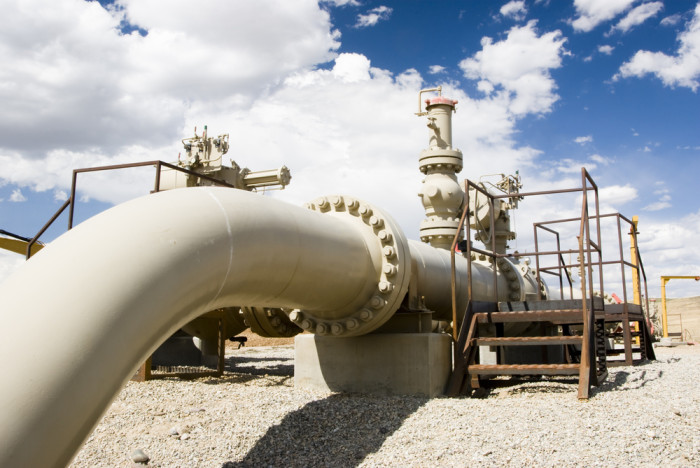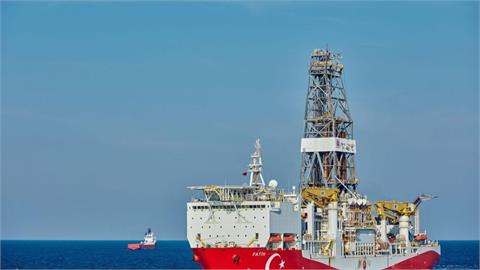by Marika Karayianni* The deterioration of Turkish-Russian relations after Turkey shot down a Russian warplane near the Syrian border in November 2015 has created uncertainty around the fate of the Turkish Stream project. Turkish Stream is a grandiose attempt by Moscow to export Russian gas through Turkey to Greece
Background
The deterioration of Turkish-Russian relations after Turkey shot down a Russian warplane near the Syrian border in November 2015 has created uncertainty around the fate of the Turkish Stream project. Turkish Stream is a grandiose attempt by Moscow to export Russian gas through Turkey to Greece. With growing interest around Moscow’s next move, the statement by Russian energy giant Gazprom on 25 February2016 came as a surprise. In Rome, Alexey Miller, Chairman of the Gazprom Management Committee, Marc Benayoun, Chief Executive Officer of Edison SpA and Theodoros Kitsakos, Chief Executive Officer of DEPA SA, signed the "Memorandum of Understanding in relation to gas supplies from Russia across the Black sea through third countries to Greece and from Greece to Italy” to develop a gas pipeline project between Greece and Italy, thus enabling the realization of a southern route for the Russian gas supply to Europe. For this purpose the parties intend to use to the maximum possible extent the works already completed by Edison and DEPA for the Poseidon project, aimed at completing the natural gas corridor through Turkey, Greece and Italy (Interconnection Turkey Greece Italy-ITGI).Analysis
The ITGI gas pipeline was first proposed by DEPA and Edison in early 2000, as a route to bring natural gas from Azerbaijan’s Shah Deniz field to Italy. The project was abandoned in 2012, following the selection of TAP by the Shah Deniz II consortium. The ITGI segment now to be developed by DEPA, Edison and Gazprom will involve the Adriatic underwater segment (217 km) and the land-based one in Western Greece (250km).The project consists of two sections: The 590 km long onshore IGI pipeline across Northern Greece (from Komotini to the Thesprotia region), which is developed by DESFA, and the 207 km long offshore Poseidon pipeline connecting Northern Greece with Italy (from the Thesprotia region in Greece to Otranto in Southern Italy). The latter is being developed by the company IGI Poseidon SA (50% DEPA – 50% Edison)....
This analysis was first published in "CCEE Policy Brief", May 2016, No.27 - for the full text, click here.
(source: Caspian Center for Energy and Environmentwww.ccee.ada.edu.az, www.ada.edu.az)
*Marika Karayianni is a Caspian energy expert based in Athens, Greece.




